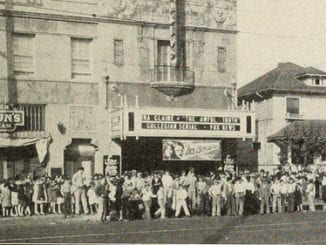
HOLLYWOOD, CA
With the utterly baffling release of Mel Gibson’s new pacifist-thriller Hacksaw Ridge, physicists around the world are suggesting we now have enough evidence to confirm that the controversial multiverse theory might actually have some validity.
“Mel Gibson, of all people, making a film about a conscientious objector?” said renowned astrophysicist Stephen Hawking. “Seriously? Isn’t this the same guy who starred in the Lethal Weapon movies and brought us the 3-hour bloodbath Braveheart?”
Gibson, who is well-known for his drunken anti-semetic comments and his notoriously bloody films, has come back from a long absence from filmmaking with the true story of Desmond Doss, a Seventh-day Adventist army medic who refuses to bear arms during World World II.
“It looks like an interesting movie,” said Hawking. “But Mel Gibson? Really? I think there must be a mistake. Either that, or we really have slipped into some kind of cosmic vortex. If Mel Gibson is making pacifist anti-war films, my only explanation is that the entire universe must have been sucked into a black hole without us noticing.”
In a press conference this week, Gibson assured audiences that despite its anti-war message the new film would be as bloody and violent as the last one he made about a pacifist.
“With The Passion of the Christ, my goal was to have as many people fainting in the theatre as possible,” said Gibson. “I know that some experts believe we may be in a parallel universe, but I can assure the scientific community that this is not the case. Yes, it’s an anti-war film, but I’m certain just as many people will be passing out at Hacksaw Ridge as with any of my other movies.”
(Photo credit: by Georges Biard, CC BY-SA 3.0/Modified)




